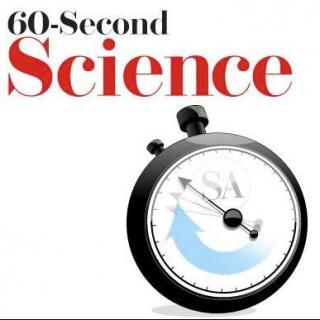
介绍:
[E347]Climate Change Most Affects Nations That Didn't Produce It
By Steve Mirsky
on February 8, 2016
“Less than 4 percent of countries are responsible for over half of the world’s greenhouse gas emissions[世界上超过一半的温室气体排放量,仅低于百分四的国家对此负有责任].
Glenn Althor, of the University of Queensland[昆士兰大学].
“This means that the majority of countries are unfairly bearing the burden of a problem that they did not create[不公平地承担着并非他们所造成的问题的压力]. Clearly, this isn’t fair by any definition. It’s much like a non-smoker being trapped in a room and getting cancer from second hand smoke while a heavy smoker continues to puff away[继续抽烟;吹开;吹散;喷(烟)] in good health.”
Althor and colleagues at the University of Queensland and the Wildlife Conservation Society[国际野生生物保护协会] have just published a study analyzing the contributions to climate change by the world’s nations versus the effect that climate change will have on those countries.
“We found that developed nations, such as Australia, the United States, Canada and Russia, are essentially climate free riders, driving the problem of climate change while incurring relatively few of the costs[造成气候变化这一问题却承担着相对较少的代价], such as devastating flood, increased extreme weather and rising sea levels[比如,大水灾、极端天气增多、海平面上升等].”
Meanwhile, the most vulnerable countries, many of which are in Africa or are small island states, produce few greenhouse gas emissions[同时,大部分容易受气候变化影响的国家,许多都是非洲或者一些小的岛国,排放的温室气体比较少]. The study is in the Nature publication Scientific Reports. [Glenn Althor, James E. M. Watson and Richard A. Fuller, Global mismatch between greenhouse gas emissions and the burden of climate change[全球各国在温室气体排放量和对气候变化所承担的责任间不平衡]]
“While it’s important that this issue is defined by scientists, it needs to be acted on[遵照…行动;按照…行事;对…起作用] by global leaders. The Paris Climate Agreement, finalized[完成协议;结束谈判] in December last year, was widely seen as a positive step forward in addressing climate change. However, there must be an urgent and meaningful mobilization of the policies outlined in the Paris Agreement if we’re to help the most vulnerable countries adapt to climate change while achieving global emissions reductions.”
—Steve Mirsky
From 60-Second Science
大家还在听

